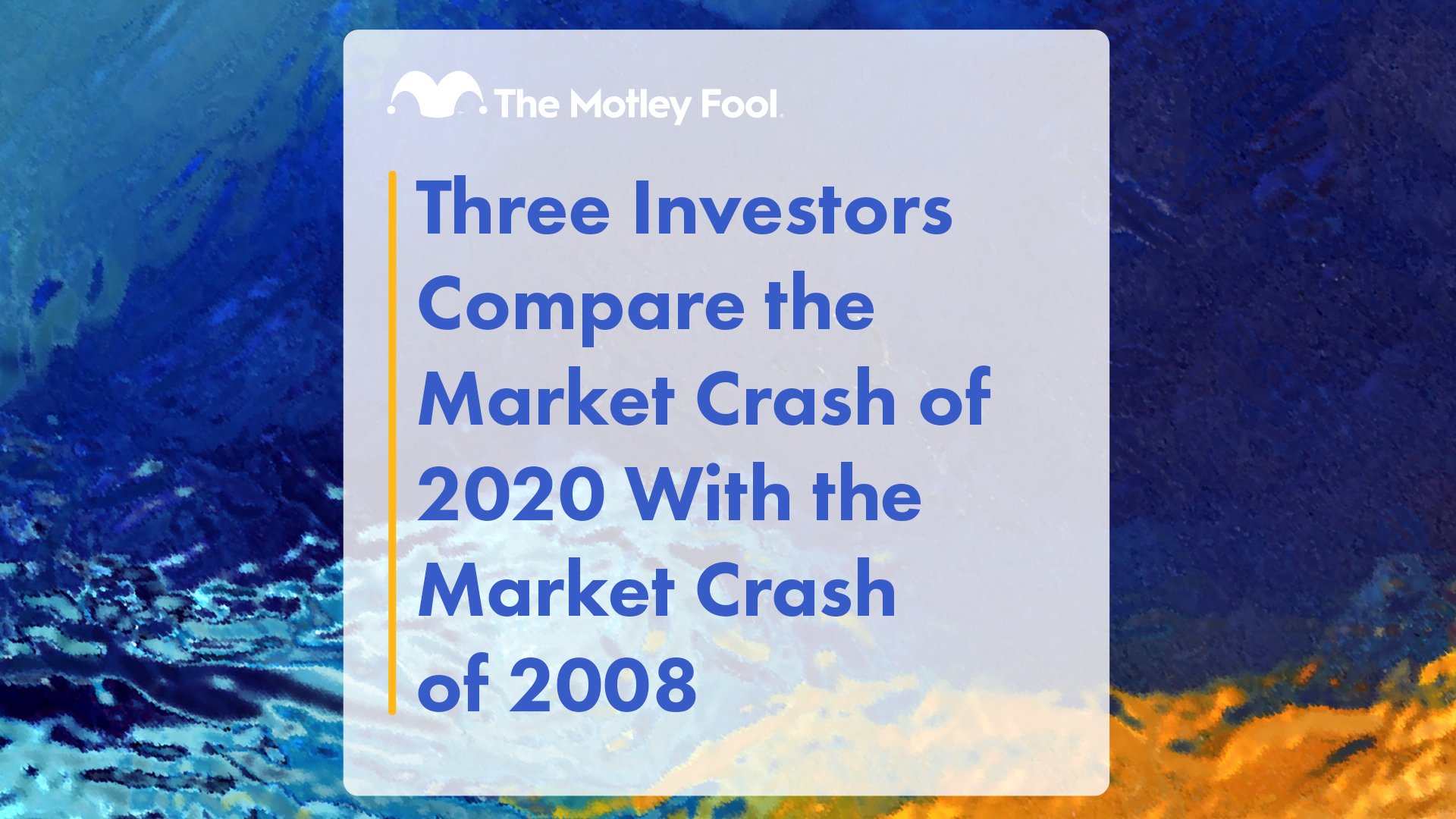One of the most exciting things about owning individual stocks is snagging that big winner that makes a meaningful impact on your net worth. It's an enriching experience that we just can't help but brag about in hopes it will spur others to join us on this amazing journey.
In this spirit, we asked three of our contributors to share their stories about the one stock that made a big difference. Here's why Bank of America (BAC +0.65%), Take-Two Interactive (TTWO +0.02%), and Facebook (FB +2.06%) have earned bragging rights in these Fools' portfolios.

Image source: Getty Images.
Returns you can take to the bank
Sean Williams (Bank of America): If there's a stock I love to crow about owning to my friends and family, it's Bank of America. It's not hard to be confident when your cost basis is near $5 per share and Bank of America is valued near $24 a share as of today. What's incredible is that BofA could just be getting started.
The Federal Reserve's monetary policy could have a pretty substantive impact on the bank moving forward. The Fed is in the midst of raising its federal funds target rate, which boosts interest rates and helps widen the net interest margin that banks generate from variable-rate loans and newly written loans. BofA's most recent quarterly report estimated that a 100-basis-point increase in short- and long-term rates would yield $3.3 billion in added net interest income.
But Bank of America's success is derived from far more than just higher interest rates. Another reason it's looking a lot better relates to putting its Great Recession woes in the rearview mirror. Bank of America wound up paying well over $60 billion in aggregate fines and settlements tied to the financial crisis, but these are safely behind it now. This is leading to cleaner earnings reports and more-robust growth prospects.
Cost-cutting and more-focused spending have been yet another source of excitement. In a little less than a decade, BofA has eliminated about a quarter of its physical branches, which is allowing the company to save money and focus its attention on a new generation of banking customers: those who prefer online/mobile banking. Digital sales now make up around 20% of the bank's total sales, which is great news since engagement and cross-selling have the potential to be even more efficient with today's younger generation via mobile apps.
Finally, we're seeing a more pronounced shareholder return policy. Though the Federal Reserve Board still has to OK capital return plans, BofA's dividend has pushed to $0.30 per share annually from just $0.04 per share annually three years ago.
Time is really beginning to heal Bank of America's wounds, and in my eyes the sky remains the limit for this stock.

Image source: Getty Images.
Racking up a high score
Keith Noonan (Take-Two Interactive): Video game stocks have been hot over the last several years, and no games company has been hotter than Take-Two Interactive. I initiated a position in the company in 2014 at a price of $25 a share and added to my holdings in 2015, bringing my average purchase price to roughly $29. Today, the stock trades at $69 -- good for a 138% return and some bragging rights.
At the heart of the stock's incredible performance over the last several years are the incredible success of Grand Theft Auto V (a game that has shipped over 75 million copies), strong performance for other key releases, and growth in high-margin digital sales. Impressive sales for big releases are fairly self-explanatory as a stock driver, but the significance of digital sales warrants a bit more explanation.
The digital transformation is lifting the company in two important ways. Games are increasingly being sold directly to consumers, generating higher margins for the company by cutting out retail middlemen and eliminating the need to press game discs and spend on packaging materials. The other component of the highly profitable digital equation is in-game content sales. Video game enthusiasts have been spending money on virtual currency and expansion packs at record levels, and the expenses related to developing and marketing this digital content are much lower than what it costs to create completely new games. Thanks to these two tailwinds, the company's last quarter saw digitally delivered net revenue increase 64% year over year.
Take-Two's core momentum drivers look poised to continue working in its favor, and, even after substantial pricing gains, I'm happy to hold on to the stock for the long term.

Image source: Getty Images.
I liked the connection here
Matt DiLallo (Facebook): Five years ago, Facebook hit the public markets in one of the most talked-about tech initial public offerings in years. Friends of mine who never cared to talk about stocks were talking about this one. That fanfare, however, died down quickly when the IPO failed to pop. Making matters worse was the fact that underwriters priced the stock for perfection, which didn't leave much upside for traders hoping to score a quick gain.
The stock would go on to sink from the first-day close of $38.23 per share -- just above its IPO price -- all the way down into the low $20s over the next few months. I remember at the time thinking how glad I was not to have bought into the pre-IPO hype. However, in late September 2012 Motley Fool Pro recommended buying call options on the stock, saying that "market skepticism presents an opportunity to invest in an exceptional Internet brand."
One of the opportunities was in Facebook's new ad platform, Facebook Exchange, which appeared to have similar potential to Alphabet's Google AdWords system. However, that wasn't the only similarity to Google that caught my eye in that report. For example, Pro pointed out that while Facebook had just as many monthly active users as the search giant did, users spent four times longer on its site, but the market only valued those users at 20% of what they valued Google's visitors. Needless to say, I liked the connection that Pro had drawn between the two, so I leaped at the chance to buy two long-term $20 call options. In doing so, I paid just a few hundred dollars for the upside to 200 shares of its stock.
Let's just say that the trade worked out quite well. Less than two years later I booked a 250% gain when I sold one of those options because I needed some cash to put a down payment on a new house. I subsequently exercised the other option and sold half the shares for another triple-digit gain. I wound up keeping 50 shares that I've held ever since. Those remaining shares have continued to gain value over the years and are currently up nearly 500%, making Facebook one of my most valuable holdings.








